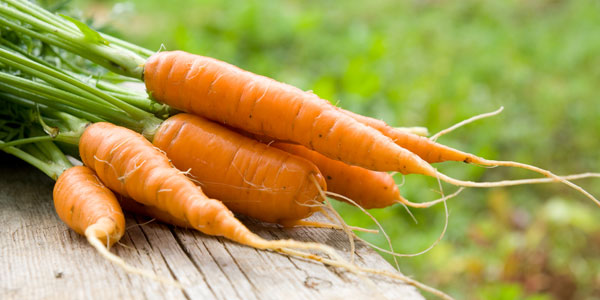Advertisement
What Is Clean Eating?
Clean eating: it’s a term you’ve probably heard thrown around lately. But what does it actually mean? How does one actually eat “clean?” Clean eating means many different things to different people; however, an all-encompassing approach to clean eating has three pillars: eat food that is in its natural state (or as close to it … Continued

Clean eating: it’s a term you’ve probably heard thrown around lately. But what does it actually mean? How does one actually eat “clean?”
Clean eating means many different things to different people; however, an all-encompassing approach to clean eating has three pillars: eat food that is in its natural state (or as close to it as possible), avoid heavily processed foods, and choose organic food whenever possible.
Eat food in its natural state
Whole foods—foods that are unrefined, unprocessed, and are (as much as possible) eaten in their natural state—include fruits, vegetables, whole grains, legumes, and nuts and seeds. Whole foods can also include animal products such as meats, fish, dairy, and eggs.
Foods in their natural state are packed full of nutrients, including fibre, vitamins, minerals, and free radical-fighting antioxidants. By choosing a diet rich in whole foods, we are providing our body with the nutrients it needs to function optimally and reducing our risk of type 2 diabetes, certain cancers, and heart disease.
Avoid processed foods
This one should be obvious, but unfortunately the typical North American diet consists heavily of processed food, a contributing factor in the rising obesity rates.
The process of refining food depletes its nutrient density, leaving behind what are commonly referred to as “empty calories.” Add to that preservatives, chemicals, obscene amounts of salt, sugar, and trans and saturated fat and you’ve got the recipe for a lifetime of health problems.
Choose organic whenever possible
According to the Environmental Working Group, many produce items are filthy—and we don’t mean with dirt. They’ve come up with a list of the 12 most pesticide-ridden fruits and vegetables, which includes the following: apples, celery, strawberries, peaches, spinach, imported nectarines, imported grapes, bell peppers, potatoes, domestic blueberries, lettuce, and kale/collard greens.
Be sure to purchase these items organic, as well as other items whenever possible in order to keep that chemical filth out of your body.





